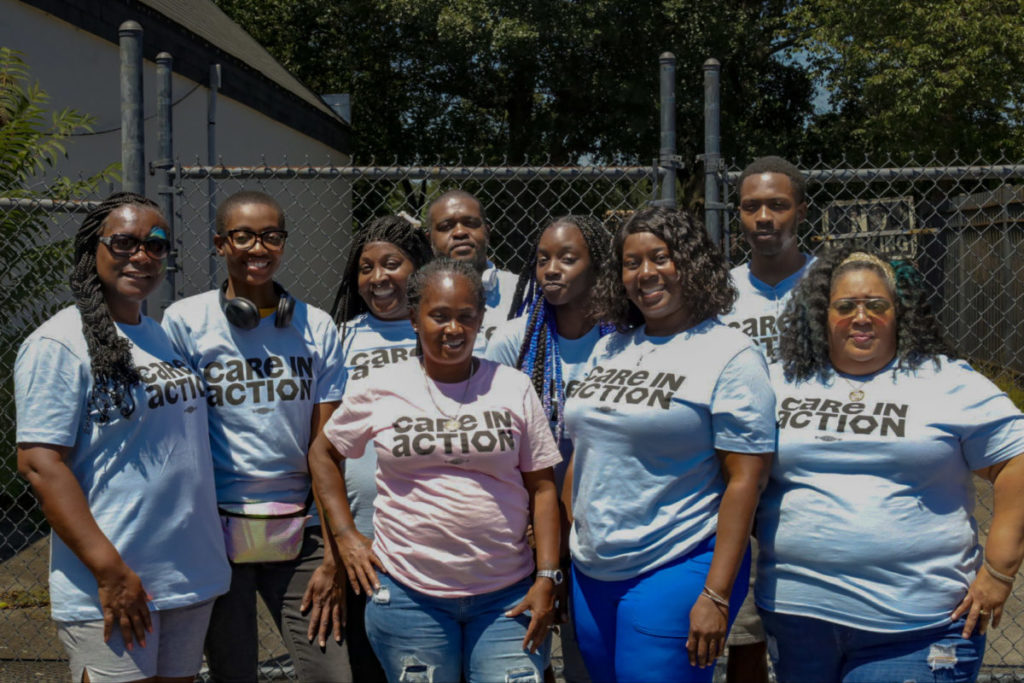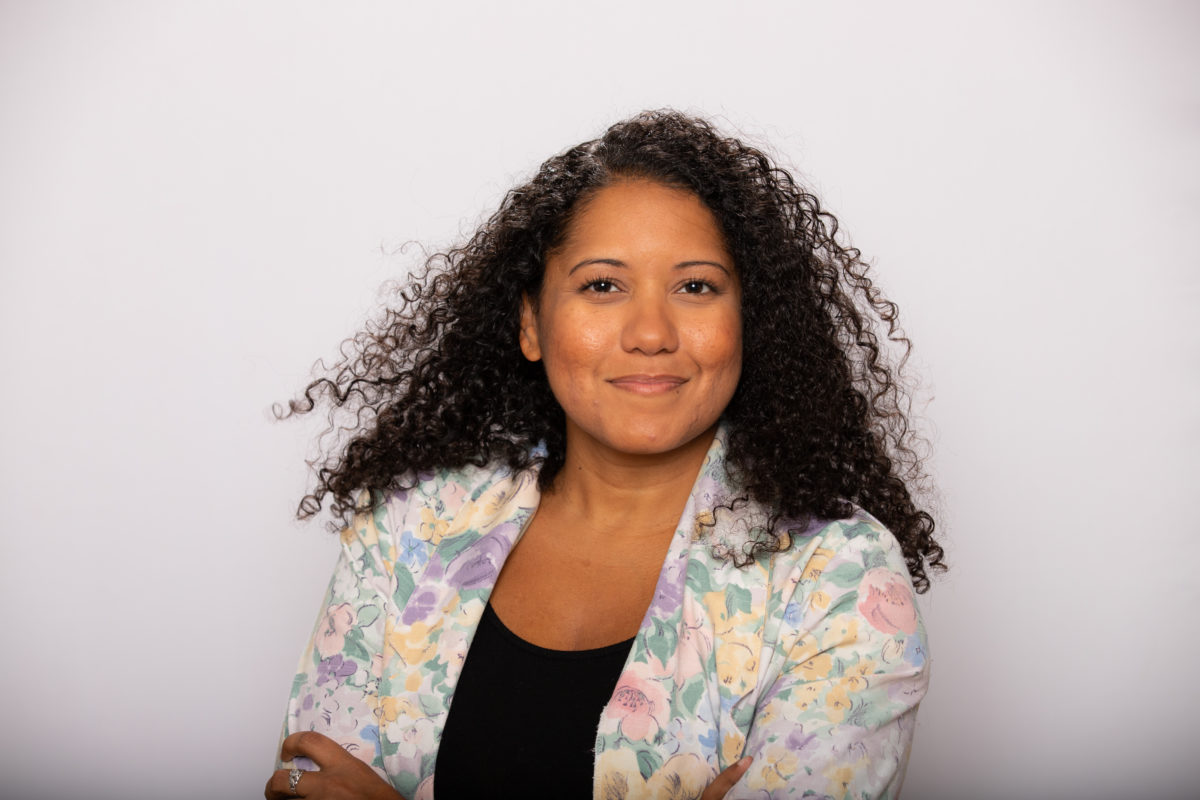
A record number of Black women candidates are running for election this November. And that’s welcome news to Care in Action, a 5-year-old 501(c)(4) with offices in several states.
The nonprofit backs candidates throughout the U.S. that it believes will be champions for the country’s 2.2 million cleaners, nannies and caregivers – 92 percent of whom are women, most of them women of color and immigrants.
Getting progressive women of color into office in particular can help secure “the legislative victories we know are possible” to enshrine workers’ rights and dignities and improve their communities, says Hillary Holley, Care in Action’s new executive director. “We firmly believe in … making sure workers get their fair share.”
At present, they do not – to say the least. Domestic workers make roughly $12 per hour, compared with the estimated minimum livable wage of $21.50 per hour. Only one in five domestic workers gets work-sponsored health insurance, and just one in 10 receive retirement benefits from their employers. Few have access to paid and sick leave.
The combined result is that domestic workers are three times more likely to live in poverty compared with other American workers, according to the Economic Policy Institute – and that’s in addition to the other economic and professional hurdles they disproportionately face as members of marginalized communities.
It’s largely because “in a lot of workers’ rights laws and labor laws in the United States, domestic workers are often not included,” Holley explains. So, building on the work of activists like lifelong domestic worker Dorothy Lee Bolden, who organized roughly 13,000 women into the National Domestic Workers Union of America in the 1960s, Care in Action fights to right those wrongs on an electoral battlefield – to make sure these workers have, at a minimum, “the protections most workers have.”
Getting Allies in Power
Care in Action came together not long after former President Donald Trump was voted into office, in anticipation of a regression of rights. Founders include current board members Alicia Garza, who is also a Black Lives Matter co-founder, and Jess Morales Rocketto. A third founder, Ai-jen Poo, is president of the National Domestic Workers Alliance, an advocacy group that centers domestic workers in broader social justice fights like immigration reform.
Care in Action, a sister organization to NDWA, has endorsed over 50 women from seven states, including Georgia, that are plagued by voter disenfranchisement and gerrymandering. The list of candidates includes Stacey Abrams, who is running for governor once more in Georgia, U.S. Senate candidate Cheri Beasley from North Carolina, and Arizona State House candidate Athena Salman.
The nonprofit specifically focuses on women-of-color candidates because nearly 53 percent of domestic workers in the U.S. are Black, Latinx or Asian-Americans and Pacific Islanders. And roughly a third are immigrants.
“It matters, having representatives in government who actually represent the demographics of their communities,” Holley says, pointing to Georgia State House candidate Joyce Barlow – who seeks to represent District 151, which is majority-Black but has been represented by Gerald Greene, a white man, since the 1980s – as an example.
“Having voices like Barlow’s would be a game-changer” for introducing and enacting policies that would directly help constituents. For example, the 151st would greatly benefit from available Medicaid expansion funds, as regional hospitals close down. Barlow has advocated for it for years as a candidate; Greene, a Republican, has abstained from votes on the matter.

And when Care in Action’s picks do win, it makes a difference, Holley adds.
Some were involved in the creation of the Build Back Better bill, for example, with key health care aspects of it becoming part of the Inflation Reduction Act that was passed this year – making both care and medication more affordable for the low-income workers Care in Action fights for. Others, meanwhile, have introduced legislation that speaks directly to domestic workers’ time-off needs.
Pushing for a Bill of Rights
Care in Action takes other approaches, too – including advocating for bills themselves, such as the National Domestic Workers Bill of Rights.
Crafted in tandem with the NDWA, the bill’s language borrows from similar city- and state-level bills and was first introduced by now-Vice President Kamala Harris in 2019. It was then reintroduced in 2021 – and advocates want to see it signed into law at last.
The bill provides for minimum wage and maximum hour requirements and mandated written contracts between domestic workers and the individuals and businesses who hire them – legal documents that guarantee sick leave, benefits and more. “These are favorable and popular policies that could be implemented – we just need more people advocating for it, and more women of color” in power to seal those deals, Holly says.
In addition to campaign and legislative work, Care in Action also works with voters themselves, helping millions of constituents register to vote, find local polling stations and more. The organization acknowledges, though, that domestic workers are still struggling, despite winning the presidency and other key races involving progressive candidates in 2020.
They “may find themselves wondering why they should even bother heading to the polls,” says Holley. But as the head of an organization that takes a multi-pronged approach to fighting for change, she explains that “voting is not going to solve everything, but it’s a tool that we have to use.” ◼️



